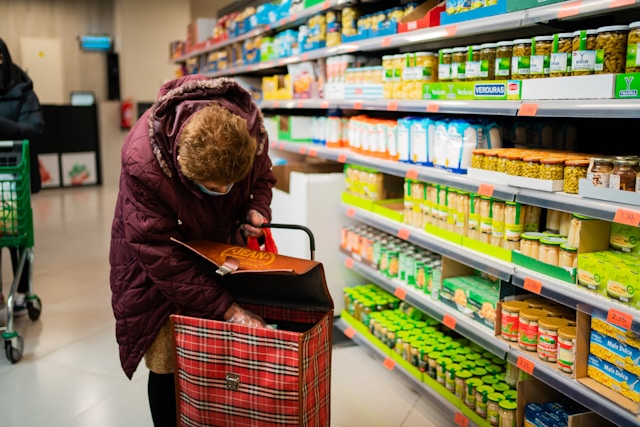It is not uncommon for businesses to incur financial losses or even go out of business entirely. Such is the essence of capitalism. It’s possible that their offering has become obsolete or been superseded. Maybe the introduction of new technologies brought about a change in their industry. It’s possible that they made a mistake in their marketing, which caused their brand to suffer. However, there are situations in which the challenges that a corporation is confronted with appear to be wholly preventable and self-inflicted. There are certain businesses that not only end up hurting themselves in the foot, but also in the face. On occasion, a business may behave in a manner that gives the impression that it is planning to incur a loss.
It is possible for the choices that businesses make to come back to haunt them during times of economic difficulty. The decade of the 2010s was noted for the increasing politicisation of business. Companies from all over the world went to great lengths to combine political and commercial discourse during the period of time when interest rates were low and money was extremely inexpensive. On the other hand, since then, we have witnessed a crisis of inflation as well as a soaring of interest rates. Now, in the year 2024, things are beginning to settle down, and the economy of the entire world is beginning to recover from the shock. This means that we are able to take a step back and evaluate the most significant fatalities of the age.
When it comes to building a sustainable and profitable business, Ben & Jerry’s is a lesson in what not to do. The woke ice cream brand’s abject failure to build brand loyalty and a plausible growth strategy for the long term culminated in its parent company Unilever dumping it recently, and getting out of the ice cream business more broadly. Why did things go so wrong? The fact is, Ben & Jerry’s was never going to succeed because of its unique and self-destructive approach to doing business. It insists on combining business and politics, virtue signalling in all the worst ways while trying to flog ice cream, creating an association in customers’ minds between its products and the worst aspects of today’s politics.
In addition to other businesses, such as supermarket chain Iceland, Ben & Jerry’s has joined the chorus of firms who have condemned and boycotted palm oil. Unfortunately, Iceland ended up demonstrating to us the dangers of taking that strategy when its CEO, Richard Walker, was forced to retract his statements a few years later and begin purchasing palm oil once more for use in Iceland products. This was due to the fact that palm oil was far more affordable than the other components. The price of palm oil is lower than the price of other oils such as rapeseed and soybean oil for a specific reason. It can be produced with a great deal greater efficiency.
Ben & Jerry’s and other organisations attributed their decision to avoid palm oil to the issue of deforestation. They contended that the loss of forest land was the result of making it. Nevertheless, it appears that they overlooked the fact that palm oil production requires significantly less land than other oils, sometimes ten times less. Consequently, the transition to a different oil source results in increased deforestation, as it necessitates the clearing of additional land to produce the same quantity of oil. Additionally, sustainability innovations are contributing to the rapid decline in deforestation rates. Global Forest Watch data indicates that primary forest loss in Malaysia, a country with a significant palm oil product, has decreased by 70% since 2014. Currently, over 90% of the palm oil imported into Europe is certified as sustainable.
If Unilever’s decision to get out of the ice cream business post haste is anything to go by, Ben & Jerry’s business strategy is not one to be copied. Consumers do not like it when things which should be apolitical, like ice cream, become political, especially when that virtue-signalling is infused with hypocrisy and misinformation around key environmental issues.
